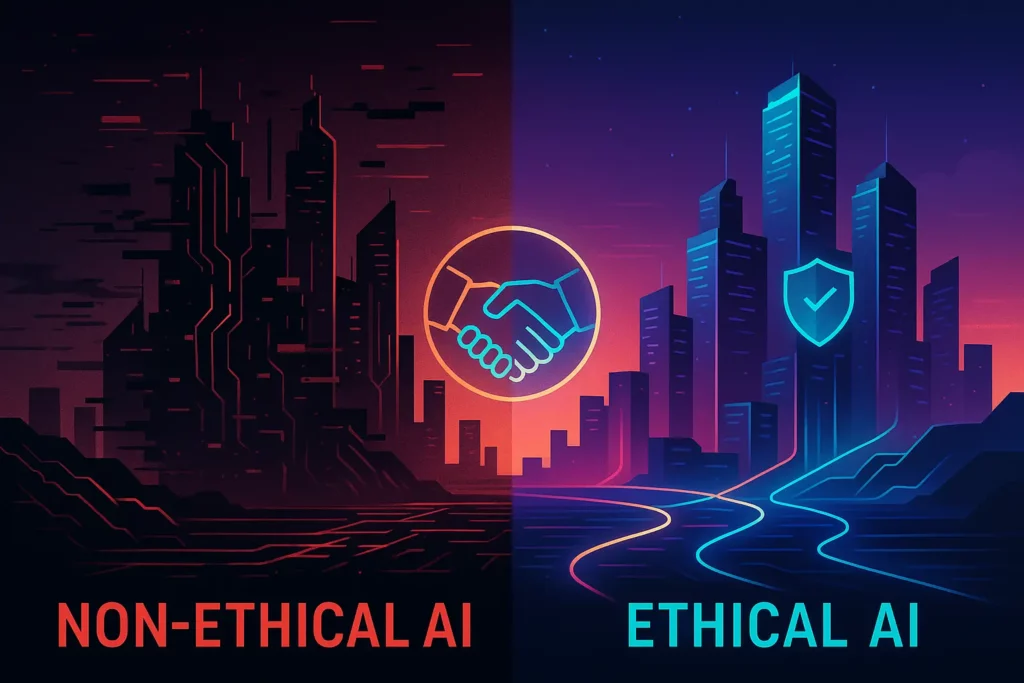Why Ethical AI Is Good Business
AI is everywhere these days. But as more companies add AI to their operations, one question keeps popping up: can you trust it? The answer comes down to ethics—how the system is built, what data it uses, and whether it treats people fairly. These details aren’t just nice-to-haves. They’re starting to separate the brands people want to work with from the ones they don’t.

What Does “Ethical AI” Actually Mean?
At its core, ethical AI is about transparency, fairness, and accountability. It means being clear about how a system makes decisions. It also means checking for bias in the data and the results. For example, an AI tool used in hiring should be tested to make sure it isn’t unfairly screening out qualified candidates based on age, gender, or background.
Why It Matters for Business
Trust is hard to earn and easy to lose. When customers feel confident that your AI isn’t cutting corners, they’re more likely to use your products or services. The same goes for partners and regulators. Businesses with a track record of ethical AI find it easier to build long-term relationships.
It’s not just about avoiding lawsuits or bad press, either. Teams working on ethical AI tend to create better products. That’s because they think ahead about who might be impacted and how to avoid problems before they start.
Real Examples in Action

Some banks use ethical AI to spot fraud without unfairly targeting certain groups of customers. In healthcare, AI models are checked for accuracy across different populations so everyone gets the right diagnosis, not just people who look like the majority of the data set.
There are practical steps companies can take:
- Regularly review and update their AI systems.
- Bring in outside experts for independent audits.
- Give users a clear way to ask questions or challenge decisions made by AI.
The Bottom Line
Ethical AI is turning into a real business advantage. Companies who invest in it are building trust, standing out from competitors, and staying ready for whatever rules come next. As AI keeps growing, doing the right thing isn’t just a PR move. It’s smart business.



